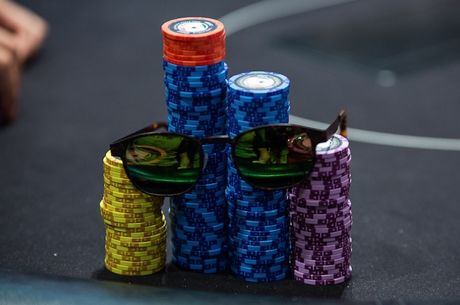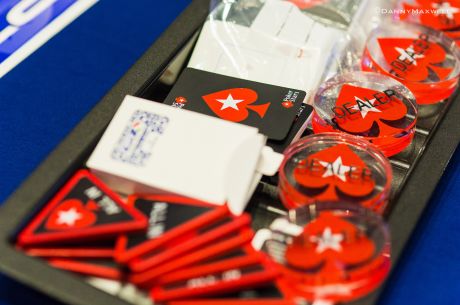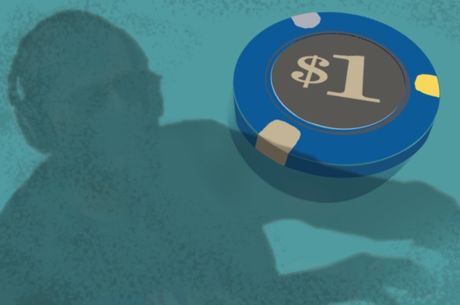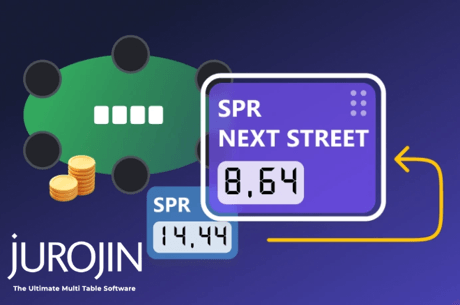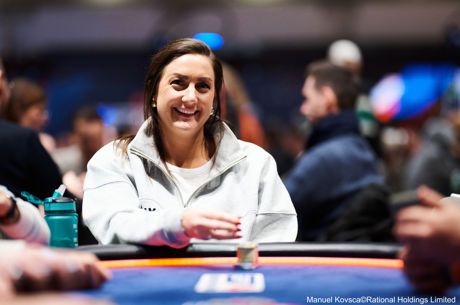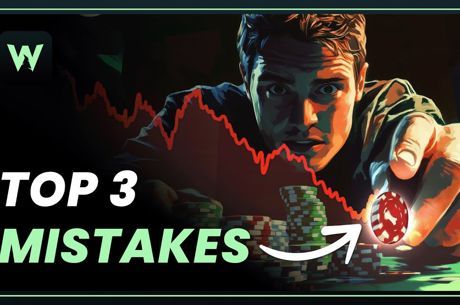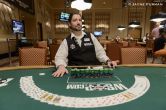Tommy Angelo Presents: Good for the Game
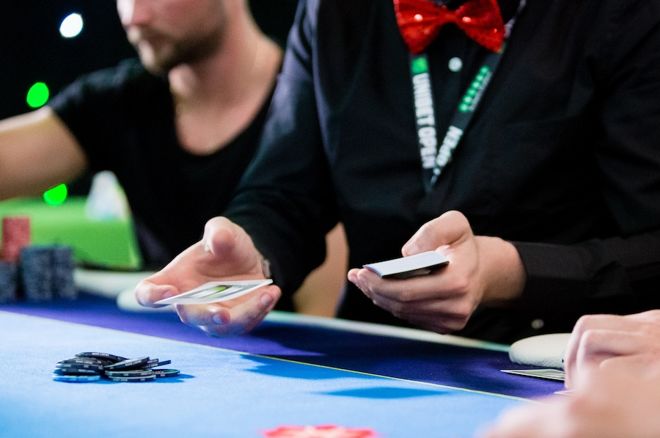
Dear reader: I wrote this article 16 years ago, back when the term "brick and mortar poker" had just been invented because before then, there was no other kind. When I read it again just now, I was all set to revise it, with updates and newfound perspectives. And then I didn’t change anything. --Tommy
A good game requires a team effort among dealers and players. I've sat in all eleven seats and watched tensions simmer that could have been easily avoided or quickly calmed. Here are some simple precautions and courtesies that reduce confusion, spats, and delays.
Entering a Game
Players: When you join a game, tell the dealer your intentions: "I'll come in behind the button," or "I'll come in on the big blind," or "Deal me in." You can do this before being asked, before sitting down, and before buying chips.
Dealers: When new players join your game, do not ask them if they want to wait. Ask them if they want to play.
Split Pots and Side Pots
Players: Strange, we play poker for thousands of hours and freak out when there is a brief delay. Relax. Do not light bombs; defuse them. Only help the dealer when something is wrong and no one else is saying what is right.
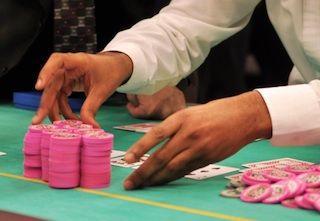
If you must advise during a discrepant or confusing situation, do not snap at the dealer. Stay calm and coach. A good time to speak up is when bedlam breaks out and you know the dealer is doing it right. Say so, for the team.
Dealers: When everyone screams at you and your face flushes and players have the gall to stick their mitts into your pot and the next dealer reaches around you to help and dribbles coffee in your hair...
When this happens and you are not confused, do not fight panic with panic. Stop, sit up straight, and maybe offer some soothing words of confidence. They'll get the message. When the table quiets, resume your task.
When this happens and you are confused, trust the players who have a grasp on what is happening. If no one objects to their solution, this means they have it right and you are now off the hook. Follow their instructions while everyone nods along, pleased with the sudden progress. If commotion persists, meaning the players are in disagreement, call the floor, now.
Calling the Floor
Dealers: Do not engage, at all, with an embittered customer. Do not make rulings, even when you are certain of what is right. Instead, lighten your load by immediately shifting the burden to where it belongs, the floor staff.
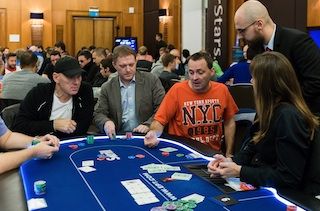
You'll have a smoother game, a smoother life, and you'll ideally make more money by having the floorperson take the heat.
Before calling the floor, announce your intention to the table. If the dispute is minor, ask "Would you like me to call the floor?" This is not only courteous, it is often enough to end the quarrel. When you know the floor is needed, do not get flustered and shout for one. Instead, say, "I am going to call the floor." Then shout.
Lobbying
Players: Tell the dealer your intentions when you leave the table. We often say, "deal me in" for our own sake, but we rarely say, "deal me out" for the sake of others. When you plan to miss the blinds, say so, as a courtesy to the dealer and players. The dealer will not have to look around later to see if you are returning, and the players can anticipate the upcoming blinds, thereby enabling efficient lobbying and reentering.
Buttons
Dealers: Hold buttons and missed blind buttons do serve as effective reminders of who to deal to but that is not their only purpose. Those buttons are for the players and floor staff as well. Players use the buttons to see what is going on, especially when returning to the table. The floor staff uses the buttons to do their seating job efficiently.
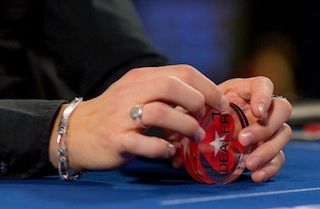
Use your buttons. The split second is well spent.
Players: When you have a hold button or a missed-blind button, make sure it is easy to see and then leave it alone. If you want to save the dealer a long reach by tossing in your button when entering or reentering a game on the next hand, fine, but wait until after the previous hand is completed before doing so, especially when you are coming in behind the dealer button.
Players and Dealers: Do not move the dealer button before the end of the previous hand. Leave it be! Premature button passing causes mix-ups when it gets moved twice. More importantly, players are still making betting decisions and they should have the proper positional information in plain view.
Other Tips for Players:
- Put your bets and folded cards where the dealer can reach them.
- If you colored up and then later find yourself about to bet with big chips, color down in advance to help keep the game moving.
- **When you bust out and leave the table for good, say, "Seat open." **
- Post your blinds before the dealing, not during it.
- In high-low games, stack your bets.
- When something seems obvious to you but the dealer missed it, just say what needs to be done instead of intentionally making the dealer squirm by remaining silent.
Try to imagine a game in which every player and every dealer was a considerate team player with the common goal of having a well-run game. See? It's not that hard. Dealers, remember that your players are customers. Players, remember that dealers are people, too. Okay everybody, sing along now with Mary Poppins: Just a spoonful of kindness helps the button go round.

To join Tommy’s mailing list and receive updates on his upcoming third book, Painless Poker, plus random musings and advice, click here immediately.

